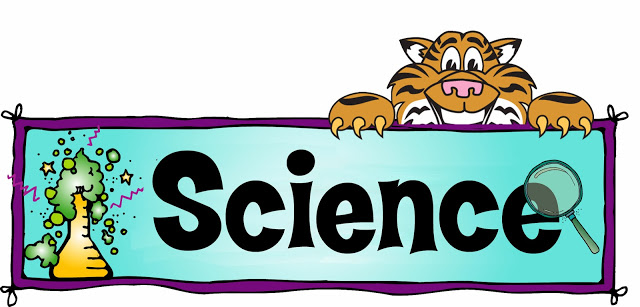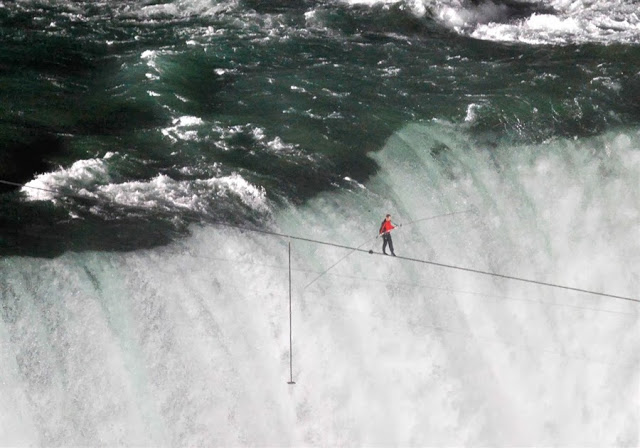Chemotherapy: The treatment of disease by using chemical substances.
Chronobiology: The study of the duration of life.
Chronology: The science of
arranging time in periods and ascertaining the dates and historical order of past events.
Climatotherapy : The treatment of disease through suitable climatic environment, often, but not always, found in recognised health resorts. As climate is subject to seasonal variations, the required environment may have to be sought in different localities at different periods of the year.
Conchology: The branch of zoology dealing ■with the shells of molluscs.
Cosmogony: The science of the nature of heavenly bodies.
Cosmography: The science that describes and maps the main features of the Universe.
Cosmology: The science of the nature, origin and history of the Universe.
Cryobiology : The science that deals with the study of organisms, especially warm-blooded animals, at low temperature. The principal effect of cold on living tissues is destruction of life or preservation of it at a reduced level of activity.
Cryogenics: The science dealing with the production, control and application of very low temperatures.
Cryotherapy : Use of cold, but not freezing cold, as a form of treatment. Hypothermia may be deliberately induced during surgery, for instance, to decrease a patient’s oxygen requirement.
Cryptography: The study of cyphers or codes (secret writings).
Crystallography: The study of the structure, forms and properties of crystals.
Cytochemistry: The branch of cytology dealing with the chemistry of cells.
Cytogenetics: The branch of biology dealing with the study of heredity from the point of view of cytology and genetics.
Cytology: The study of cells, especially their formation, structure and functions.
D actylography: The study of fingerprints for the purpose of identification.
Dermatology : The study of skin and skin diseases.
GENERAL SCIENCE Abbreviations
GENERAL SCIENCE ★Inventions And Discoveries ★
Astrology: The ancient art (now mostly termed a pseudo-science) of predicting the course of human destinies with the help of indications deduced from the position and movement of the heavenly bodies.
Astronautics: The science involved in space travel.
Astronomy: The study of the heavenly bodies.
Astrophysics: The branch of
astronomy concerned with the physical nature of heavenly bodies.
Autoecology : The study of the ecology of species.
Bacteriology: The study of bacteria.
Biochemistry: The study of chemical processes of living things.
Bioclimatology : The study of the effects of climate upon living organisms.
Bioinformatics: The creation and maintenance of the databases of biological information by the usage of advanced computing systems.
Biology: The study of living things, of both flora and fauna.
Biomechanics: The study of the mechanical laws relating to the movement or structure of living organisms.
Biometeorology: The study of the effectsof atmospheric conditions on living organisms.
Biometry: The application of
mathematics to die study of living things.
Bionics: The study of functions, characteristics and phenomena observed in the living world and the application of this knowledge to the world of machines.
Bionomics: The study of the relation of an organism to its environments.
Bionomy: The science of the laws of life.
Biophysics: The physics of vital processes (living things).
Biotechnology: The use of living organisms or other biological systems in the manufacture of drugs or other products or for environmental management.
Botany: The study of plants.
Ceramics: The art and technology of making objects from clay, etc. (pottery).
Chemistry: The study of elements and their laws of combination and behaviour.
GENERAL SCIENCE
★ Branches Of Science ★ Measurements And Numbers ★ Scientific Instruments And Appliances ★ Inventions And Discoveries ★ Everyday Science ★ Physiology And Health
The study of science is a quest for knowledge, often as opposed to intuition, belief, etc. It is, in fact, systematised knowledge derived from observation, study and experimentation carried on in order to determine the nature or principles of what is being studied. There are many branches of science, each concerned with a
Different branches of science are as given below:
Acoustics: The study of sound (or the science of sound).
Aerodynamics: (i) The branch of mechanics that deals with the motion of air and other gases.
(ii) The study of the motion and control of solid bodies like aircraft, missiles, etc., in air.
Aeronautics: The science or art of flight.
Aeronomy: The study of the Earth’s upper atmosphere, including its composition, density, temperature, and chemical reactions, as recorded by sounding rockets and earth satellites.
Aerostatics: The branch of statics that deals with gases in equilibrium and with gases and bodies in them.
Aetiology: The science of causation.
particular field of study. In each science, measurement plays an important part. In each science, too, a study is made of the laws according to which objects react. The distinction between different branches of science is based on whether a science is pure, or theoretical, or whether it is applied, or practical. The distribution is as follows :
|
Physical Sciences
|
Life Sciences
|
Earth Sciences
|
||
|
Physics
Kinetics
Mechanics
Electromagnetics
Thermodynamics
|
Biology
Botany
Zoolog}
|
Geology
Meteorology
Astronomy
|
||
|
Chemistry Inorganic Chemistry Electrochemistry Analytical Chemistry
|
||||
|
Examples of Overlapping Sciences
|
||||
|
Physics + Chemistry = Physical Chemistry
|
Biology + Chemistry = Biochemistry Organic Chemistry
|
Geology + Chemistry — Geochemistry
|
||
|
Astronomy + Physics Astrophysics
|
Biology + Geology = Paleontology
|
Geology + Astronomy = Astrogeology
|
||
|
Biology + Astronomy + Physics = Astronautics
|
||||
Serena Williams
Serena Williams of USA clinched her second French Open women’s singles title on June 8, 2013. She beat title-holder Maria Sharapova of Russia 6-4, 6-4 in a brief, but high- quality final. It was her 16th Grand Slam tide win. At 31 years, 247 days, she is the oldest women in the open era to win the French Open tide. : Serena Williams of USA clinched her second French Open women’s singles title on June 8, 2013. She beat title-holder Maria Sharapova of Russia 6-4, 6-4 in a brief, but high- quality final. It was her 16th Grand Slam tide win. At 31 years, 247 days, she is the oldest women in the open era to win the French Open tide.







